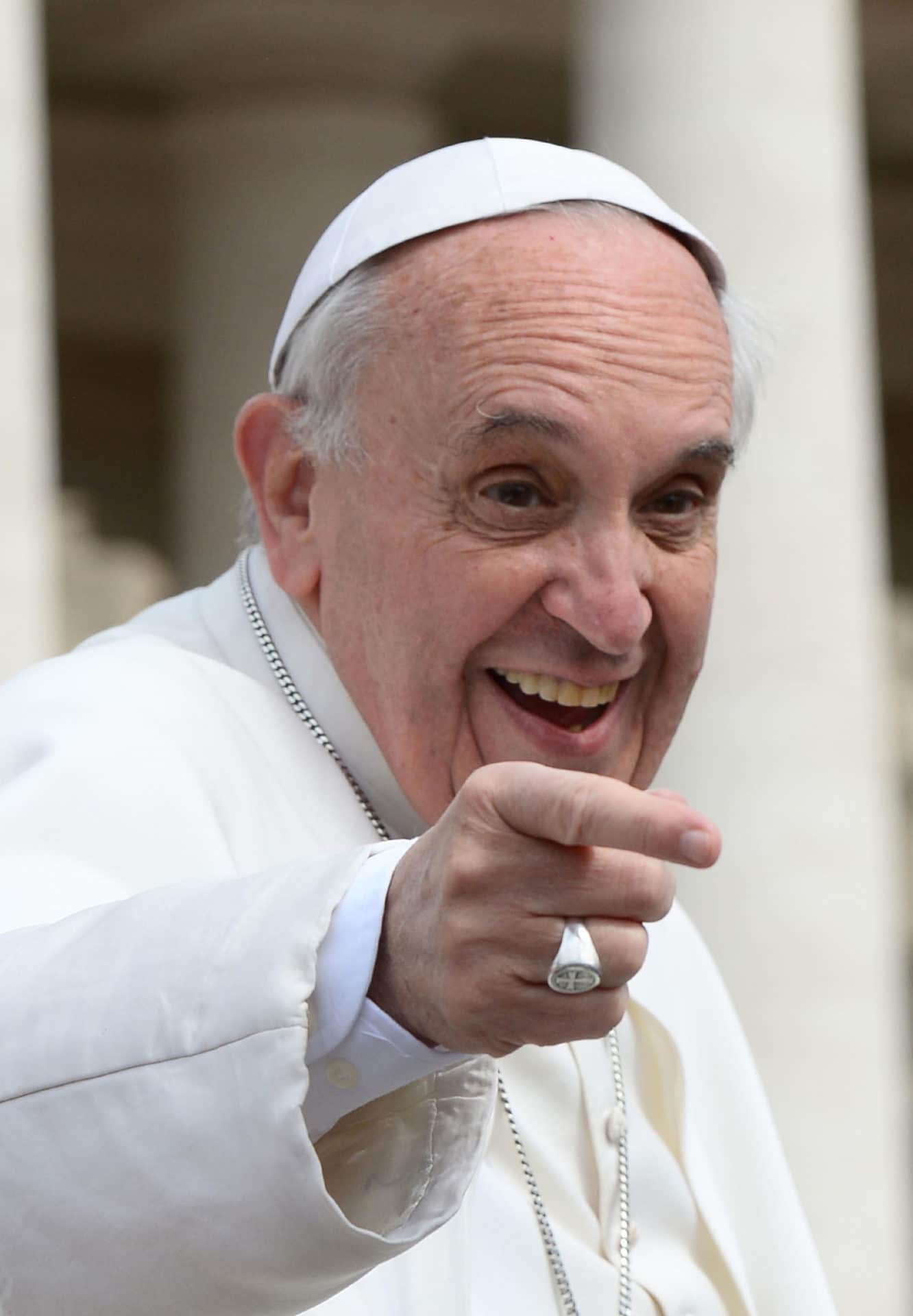Catholic Teaching on Homosexuality
by CAPP-USA
Truth in Love
It is often said the Church is not “Yes, but…she is “Yes, and…”.
This is especially true in Catholic teachings on homosexual behaviors where, for millennia, Church teaching has been consistent.
“The God who is at once truth and love calls the Church to minister to every man, woman and child with the pastoral solicitude of our compassionate Lord.” (The Congregation of the Doctrine of the Faith)
“The Lord Jesus promised, ‘You shall know the truth and the truth shall set you free’ (Jn. 8:32).” “A significant number of men and women exhibit fundamental homosexual tendencies. It takes very variable forms across centuries and cultures. Its psychological genesis remains largely unexplained.” (Catechism of the Catholic Church, 2357)

Catholic teaching on homosexuality is definitive and consistent.
Catholic Teaching: The Truth
“Basing itself on Sacred Scripture, which presents homosexual acts as acts of grave depravity, tradition has always declared that ‘homosexual acts are intrinsically disordered.’ They are contrary to the natural law…Under no circumstances can they be approved.” (Catechism of the Catholic Church, 2357)
The current mainstream culture, however, finds it difficult to accept that there is any “truth”.
This “most perniciously typical aspect of the modern era consists in the absurd attempt to reconstruct a solid and fruitful temporal order divorced from God, who is, in fact, the only foundation on which it can endure.” (Mater et Magistra, 217)
But, make no mistake, “[t]he Church’s doctrine regarding [homosexual behavior] is thus based…on the solid foundation of a constant Biblical testimony. The community of faith today, [is] in unbroken continuity with the Jewish and Christian communities within which the ancient Scriptures were written”. (On the Pastoral Care of Homosexual Persons, 6)
Despite this, “[i]ncreasing numbers of people today, even within the Church, are bringing enormous pressure to bear on the Church to accept the homosexual condition as though it were not disordered and to condone homosexual activity. Those within the Church who argue in this…are guided by a vision opposed to the truth about the human person, which is fully disclosed in the mystery of Christ.” (On the Pastoral Care of Homosexual Persons, 8)
Life Without Truth
The consequences of modernity’s lack of acceptance of anything being “true” are dire as “the systematic violation of the moral law…produces a kind of progressive darkening of the capacity to discern God’s living and saving presence”. (Evangelium Vitae, 21)
“When freedom, out of a desire to emancipate itself from all forms of tradition and authority, shuts out even the most obvious evidence of an objective and universal truth…a serious distortion of life in society” results. (Evangelium Vitae, 19-20)
“Separated from God a man is but a monster, in himself and toward others; for the right ordering of human society presupposes the right ordering of man’s conscience with God”. (Mater et Magistra, 215)
“When man does not recognize in himself and in others the value and grandeur of the human person, he effectively deprives himself of the possibility of benefiting from his humanity and of entering into that relationship of solidarity and communion with others for which God created him.” (Pope St. John Paul II, 41)
“When human beings set themselves against God, they set themselves against the truth of their own being and consequently do not become free, but alienated from themselves.” (Pope Benedict XVI)
Basically, modernity has lost sight that “God, in his infinite wisdom and love, brings into existence all of reality as a reflection of his goodness. He fashions mankind, male and female, in his own image and likeness.” (On the Pastoral Care of Homosexual Persons, 6)
Catholic Teaching: The Love
The Church points to the peace and life-giving path of Christ’s commandments. We owe it to God, our brothers and sisters and ourselves to offer what is true – and why we believe it is true.
The Church’s teaching on homosexual behavior is not meant to curtail love but to enable it.
Church teaching on homosexual behavior represents “nothing less than the work of God himself; and in the complementarity of the sexes, they are called to reflect the inner unity of the Creator.” (On the Pastoral Care of Homosexual Persons, 6)
The Church also acknowledges that “[t]he number of men and women who have deep-seated homosexual tendencies is not negligible.” (Catechism of the Catholic Church, 2358) And, she recognizes “[t]here is no worse form of alienation than to feel uprooted, belonging to no one.” (Pope Francis, 53)
So, while “she constantly holds up the call to perfection and asks for a fuller response to God, ‘the Church must accompany with attention and care the weakest of her children, who show signs of a wounded and troubled love, by restoring in them hope and confidence’”. (Pope Francis, 291)
For those troubled with their identity, patience is called for. When a person is on a path seeking wholeness, their search must be encouraged and respected – in friendship.
The Church also confirms “[t]he inalienable rights of the person must be recognized and respected by civil society and the political authority.” (CCC, 2273)
“It is deplorable that homosexual persons have been and are the object of violent malice…Such treatment deserves condemnation from the Church’s pastors wherever it occurs. It reveals a kind of disregard for others which endangers the most fundamental principles of a healthy society. The intrinsic dignity of each person must always be respected in word, in action and in law.” (On the Pastoral Care of Homosexual Persons, 10)
Read more:
Dr. Amy E. Hamilton: What the LGBTQ+ Community Needs from the Church





